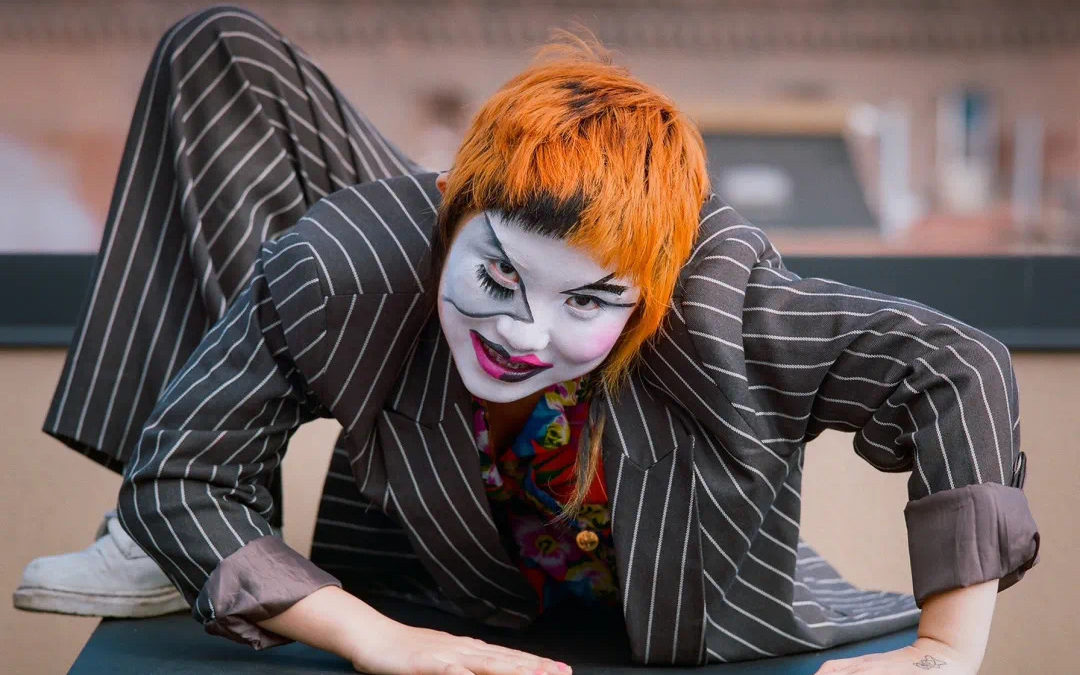One of the club night series taking Shanghai by storm is HTTP, heralded by promoter, organizer and DJs Offskii and Mengki. Based on ‘the concept of empowerment, not exclusivity’, the queer female-identifying party taps into harder genres of music.
What exactly does HTTP stand for?
H – middle/half
T – trans
T – tomboy
P – Po (femme)
Video by visual artist / HTTP co-founders Mengki; Music:Poppers–Michael Cignarale
With a rotating line up of primarily female-identifying DJs, HTTP which has made Elevator its home turf – ‘aiming to bring to the queer community & friends through exploring the relationship between the dance-floor lovers, the DJs/producers, and the promotors.’

“The idea was to have a clam for the first poster which has many references within lesbian culture – being queer without talking about being queer”
“Jirui (Shanghai-based DJ & designer) based our first poster around the concept of a Clam; fragile, protective, and nurturing. Jirui found this inflatable Clam on Taobao and it stuck. Now it’s tradition we took pictures of all the DJs, performers, and bar staff in the clam.”
With eight parties under their belt and a cross-country mini tour on the horizon, HTTP has become one of the city’s beacons of light supporting the queer community through ‘respect and collaboration’. As the organizers state, even ‘if you cannot attend, share the monthly calendar, the poster – all of these small actions help cement and build community. What’s most defining is creating spaces queer people and parties will feel most comfortable at; examples might be non-gendered bathrooms, supportive and open-minded management, and competent and reasonable staff’.
Video by visual artist / HTTP co-founders Mengki;Music by Cocoonics
For their next show, to be held on December 4th, they’ve invited Kennie Zhou aka Y2K3N – a Brooklyn based, Beijing born performer and filmmaker who works in a wide range of mediums including movement, video, poetry, and sound. Deeply influenced by their engagement with the Brooklyn queer art scene with contemporary Asian art forms and stereotypes, their projects have been presented in New York and Beijing at underground and official spaces such as Zhao Dai, The Judson, La Mama, Grace Exhibition Space, and more.

Kennie Zhou aka Y2K3N
What are your main art practices? How is the experience of studying and creating art at Tisch in New York?
Kennie Zhou: I’m doing performance, video art and poetry. Tisch’s art scene is super active. Everyone is always engaged in creation and collaboration. Even this year during the pandemic, we can still find ways to work on different art projects.
We have learned that you define your gender as non-binary. Can you tell us more about it?
Non-binary can be explained as being detached from the binary gender concept of male/female, it is a more free gender identity. I feel that only experience provides me with the vocabulary and courage to describe my identity. I have always been non-binary.

How would you explain your gender to other people? Especially in China, in an environment where gender discussions are not so extensive or free, how would you explain and influence the perception of others?
I find that people in China sometimes don’t know or pretend not to know about this, so I will describe it from a theoretical perspective, otherwise it is difficult to understand each other. I think that queer people can live a good life with their own identity, which in itself affects the perceptions of others.
We learned that your artistic expression also focuses on BIPOC issues. Is this also related to your Asian identity?
It is indeed related. As an Asian, a POC with lighter skin color, I have a sense of responsibility to speak out. I have all kinds of friends around me, and caring about them means that I need to care about the social problems that they are faced with.
Born in Beijing, growing up and studying in the United States, and surrounded by various races in an extremely international environment, how do you recognize and think about your identity?
Asians seem to be a particularly independent group in the American context. I feel that my cultural background is destined to be different from my environment. But whether the difference is good or bad depends on how you understand it!
What is the relationship between you and your body in your daily life and as a performer on stage?
I have a very close relationship with my body. I will pay attention to what my body has experienced and what it is experiencing. In some performances, my body will become my master, leading me to find what I want to be.
How did you connect with HTTP and Elevator? What are your plans for returning China this time?
I got to know HTTP and Elevator people through Yinan, we have many mutual friends in New York, and I have always been interested in the underground culture of Shanghai. This time I also hope to learn more about the local art scene.
What kind of performance will you bring to the HTTP event next Friday? Plz tell us more~
Next Friday I will become a new persona Y2K3N hahaha, a hot mess queer clown!





